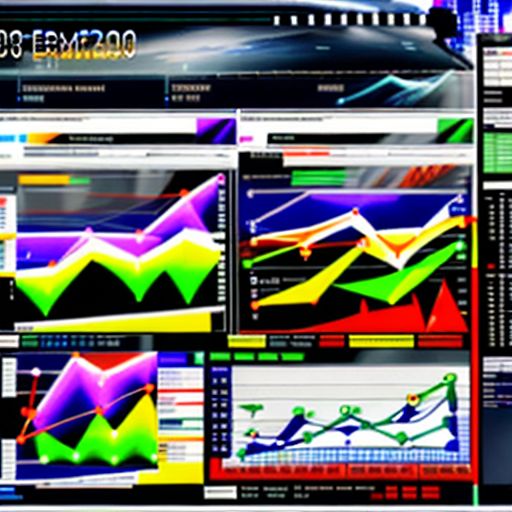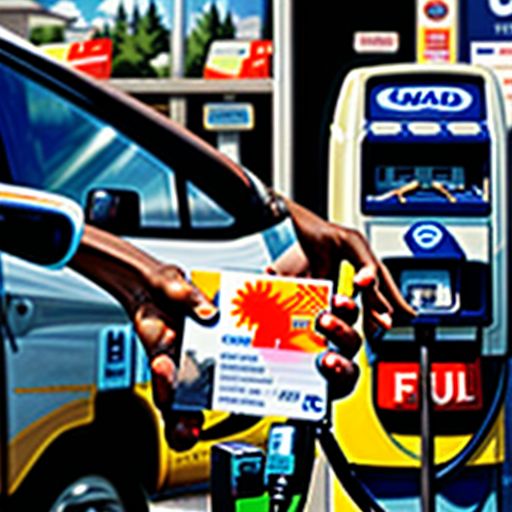Unsecured Business Credit Cards: What Every Business Owner Needs to Know
Starting a business takes guts, determination, and of course, capital. While you might have bootstrapped your way through the initial stages, there comes a time when every business owner needs access to credit. That’s where Unsecured Business Credit Cards come in.
They offer a convenient way to manage cash flow, cover unexpected expenses, and even earn rewards. However, like any financial product, it’s essential to understand the ins and outs of unsecured business credit cards before diving in. This comprehensive guide will equip you with the knowledge you need to make informed decisions for your business.
What are Unsecured Business Credit Cards?
Understanding the Basics
In essence, an unsecured business credit card is a credit card that’s not backed by collateral. Unlike secured credit cards, which require a security deposit, unsecured cards are issued based on your business’s creditworthiness.
This means that lenders evaluate your business’s financial history, including revenue, credit score, and existing debt, to determine your eligibility and credit limit.
Advantages of Unsecured Business Credit Cards
- No Collateral Required: This is a significant advantage, especially for startups and small businesses that might not have valuable assets to pledge as security.
- Build Business Credit: Using an unsecured card responsibly, by making timely payments and keeping your credit utilization low, can help build a positive business credit history. This can be beneficial for securing loans or other forms of financing in the future.
- Rewards and Perks: Many unsecured business credit cards offer enticing rewards programs, such as cashback, travel points, or discounts on business expenses.
Disadvantages of Unsecured Business Credit Cards
- Potentially Higher Interest Rates: Because there’s no collateral backing the credit, lenders often charge higher interest rates to offset their risk.
- Credit Limit Dependent on Creditworthiness: Your credit limit will be determined by your business’s credit history. If you’re just starting out or have less-than-perfect credit, you may be offered a lower limit or denied altogether.
- Personal Liability: It’s crucial to note that most unsecured business credit cards come with personal liability. This means that if your business defaults on the debt, you, as the business owner, are personally responsible for repaying the outstanding balance.
business.gamingids.xyz/wp-content/uploads/2024/07/unsecured business credit card-669228.jpg" alt="unsecured business credit card illustration" width="512" height="512">unsecured business credit card illustration
Why is Understanding Unsecured Business Credit Cards Important?
Managing Cash Flow Effectively
Unsecured business credit cards can provide a financial cushion, especially during seasonal slowdowns or unexpected expenses. Instead of dipping into your business savings, you can use the card to cover immediate costs and manage your cash flow more effectively.
Separating Business and Personal Finances
One of the fundamental principles of good financial management is maintaining a clear separation between your business and personal finances. An unsecured business credit card helps you achieve this separation by providing a dedicated line of credit for business expenses. This makes tracking expenses, managing accounting, and preparing for tax season much easier.
Frequently Asked Questions About Unsecured Business Credit Cards
What Credit Score Do I Need for an Unsecured Business Credit Card?
There’s no magic number, as each lender has its own criteria. However, generally, a good to excellent business credit score (typically above 700) will increase your chances of approval and potentially qualify you for better terms and rewards.
How Can I Improve My Chances of Getting Approved?
Building a strong business credit history takes time and effort. Here are a few tips:
- Pay Bills on Time: This includes suppliers, vendors, and any existing credit accounts.
- Keep Credit Utilization Low: Avoid maxing out your credit limits. Aim to keep your credit utilization below 30%.
- Monitor Your Business Credit Report: Regularly review your business credit report for any errors or inaccuracies and dispute them promptly.
What Happens If I Default on an Unsecured Business Credit Card?
Defaulting on an unsecured business credit card can have severe consequences, including:
- Damage to Your Business Credit Score: A significant drop in your credit score can make it difficult to secure financing in the future.
- Legal Action: The credit card issuer could take legal action to recover the debt.
- Personal Liability: As mentioned earlier, your personal assets could be at risk if your business defaults.
Conclusion
Unsecured business credit cards can be valuable tools for managing your business finances, but it’s essential to approach them with caution and understanding. Carefully consider the advantages and disadvantages, research different card options, and prioritize responsible credit card use. By making informed decisions, you can leverage the benefits of unsecured business credit cards while protecting the financial health of your business.






